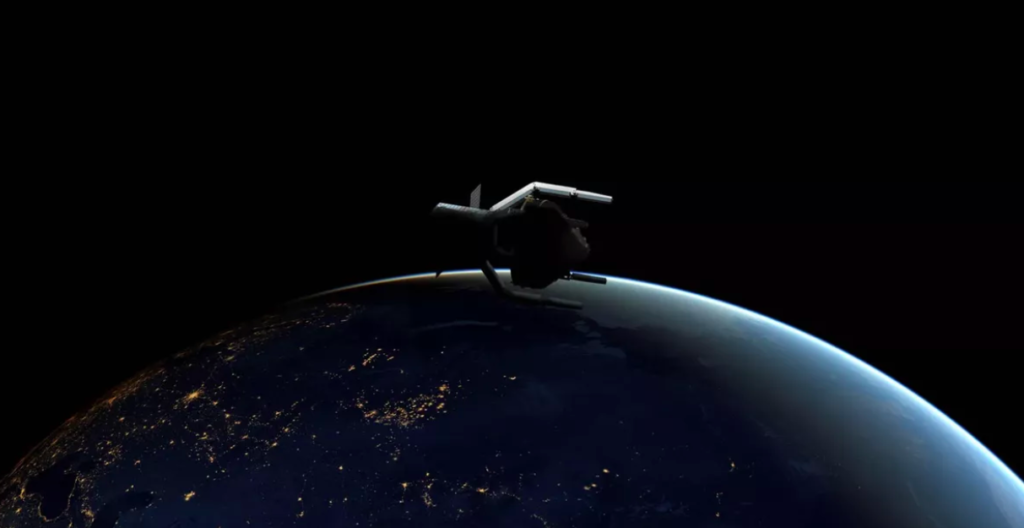
There are roughly 2,800 live satellites currently orbiting Earth. That’s a lot, but it’s absolutely nothing compared to the amount of defunct objects — AKA space junk — also circling the globe.
Scientists estimate that almost 3,000 dead satellites are currently orbiting our planet, which doesn’t account for the 900,000 pieces of debris, less than 10 centimetres long, that could potentially cause a catastrophe should it hit the wrong satellite at the wrong time.
Scientists and engineers are currently hard at work trying to solve the problem, but the European Space Agency is currently in the beginning stages of executing one of the more bizarre solutions: A space claw that will grip larger defunct satellites and steer them back into the earth’s atmosphere where both the satellite and the claw itself can burn up in peace.
The plan was initially conceived back in 2019, but now the ESA is officially signing a contract with Swiss start-up ClearSpace SA to build and launch its very first debris removal mission, called ClearSpace-1.
The claw’s first target is a VESPA (Vega Secondary Payload Adapter) that’s been orbiting Earth since it helped launch an ESA Vega rocket back in 2013. The VESPA weighs 112 kgs and, according to the ESA, is close in size to a small satellite.
The ESA is contributing €86 million to the cost of the mission. It’s expected that ClearSpace will raise the rest as it attempts to make a long term business of junk removal. Hopefully this mission can become the first of many, as humanity discovers new and innovative ways to clean up the gargantuan mess it’s made of the space above our atmosphere.
ClearSpace SA is hoping to launch its first mission in 2025.
Long live the claw.


























